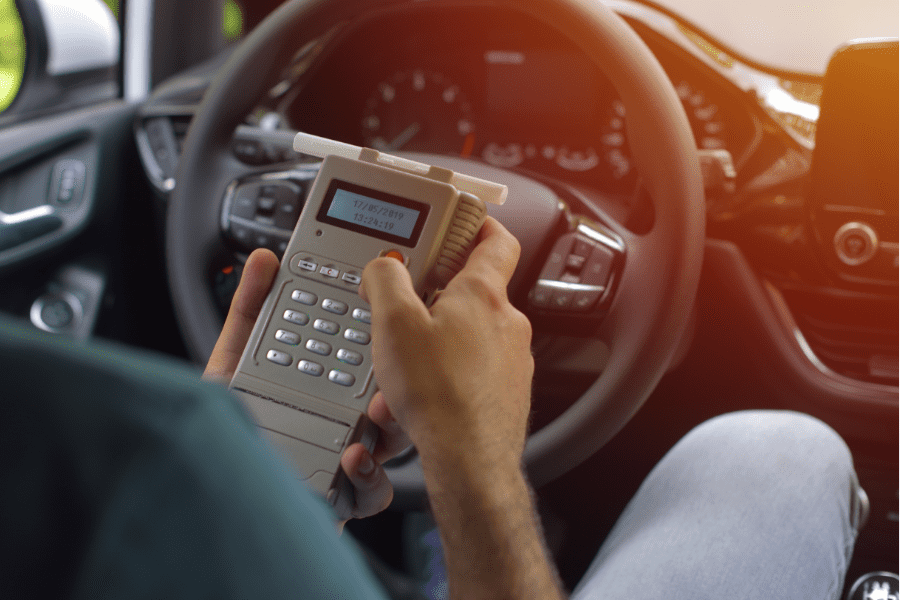On December 18, 2018, Parliament made significant changes to drinking and driving laws. Filkow Law’s Anthony Robinson wrote and presented a paper explaining these changes to the Trial Lawyers Association of British Columbia on September 24, 2021.
This is the third instalment of this paper, explaining how the Crown Counsel is no longer required to consult an expert witness for samples taken more than two hours after driving.
Crown Expert No Longer Required for Blood Alcohol Samples in BC Outside Two Hours – s. 320.31(4)
The following is an excerpt explaining that Crown experts are no longer required to calculate blood alcohol for samples taken more than two hours after driving:
Under both the old and new provisions, samples of a driver’s breath or blood are supposed to be taken within two hours of the time of driving. Under the old provisions, samples taken within two hours of the time of driving were deemed to be the driver’s BAC at the time of driving. If the samples were not taken within two hours of driving, the Crown was required to call an expert, usually in the form of a toxicologist, to calculate (read back) what the BAC was at the time of driving.
Under the new provisions, an expert is no longer required if the samples were taken after the 2-hour window. Subsection 320.31(4) of the Code provides a formula that allows a court to do its own BAC calculation back to within two hours of the time of driving. The read-back need only go as far back as to within two hours of the time of driving (as opposed to at the time of driving) because of the new definition set out in 320.14(1)(b) discussed above. Section 320.31(4) states:
For the purpose of paragraphs 320.14(1)(b) and (d), if the first of the samples of breath was taken, or the sample of blood was taken, more than two hours after the person ceased to operate the conveyance and the person’s blood alcohol concentration was equal to or exceeded 20 mg of alcohol in 100 mL of blood, the person’s blood alcohol concentration within those two hours is conclusively presumed to be the concentration established in accordance with subsection (1) or (2), as the case may be, plus an additional 5 mg of alcohol in 100 mL of blood for every interval of 30 minutes in excess of those two hours.
According to the government, the elimination rate of 5 mg/100mL for every 30 minutes reflects a very conservative estimate of the rate at which alcohol leaves the bloodstream. There is scientific consensus that alcohol leaves the bloodstream at a rate greater than 5 mg/100mL per 30 minutes even in individuals who process alcohol slowly (other than in cases of near-complete liver failure that would ordinarily render a person incapable of driving). Accordingly, a BAC calculated at this rate will be lower than the absolute minimum scientifically possible BAC that an individual will have had within the two-hour window.[1]
Practitioners should keep in mind that although samples taken after two hours of the time of driving can be calculated back to within two hours, there is still a requirement in section 320.28 that samples of breath or blood be taken “as soon as practicable” (similar to the old provisions). In deciding whether the tests were taken “as soon as practicable”, the whole chain of events must be considered bearing in mind the Code permits an outside limit of two hours from the time of the offence to the taking of the first test. The “as soon as practicable” requirement is to be applied with reason.[2]
“As soon as practicable” is determined on a case-by-case basis and it is not an element of the offence the Crown must prove. Where the accused wishes to argue the samples were not taken as soon as practicable, the accused must challenge the Crown’s case by cross-examining the officer(s) on the various periods. (The accused cannot “lie in the weeds” as they say). Where the peace officer is unable to explain the delay, the defence can argue that the test was not administered as soon as practicable.
[1] Department of Justice, Charter Statement: Bill C-46, An Act to amend the Criminal Code (offences relating to conveyances) and to make consequential amendments to other Acts (11 May 2017), online: <http://www.justice.gc.ca> [Department of Justice].
[2] R v Vanderbruggen, 2006 CanLII 9039 (ONCA).
If you exceeded the blood alcohol limit while driving and need legal assistance, the lawyers at Filkow Law have over 50 years of experience dealing with all types of criminal law and driving law cases. Please feel free to give us a call.

